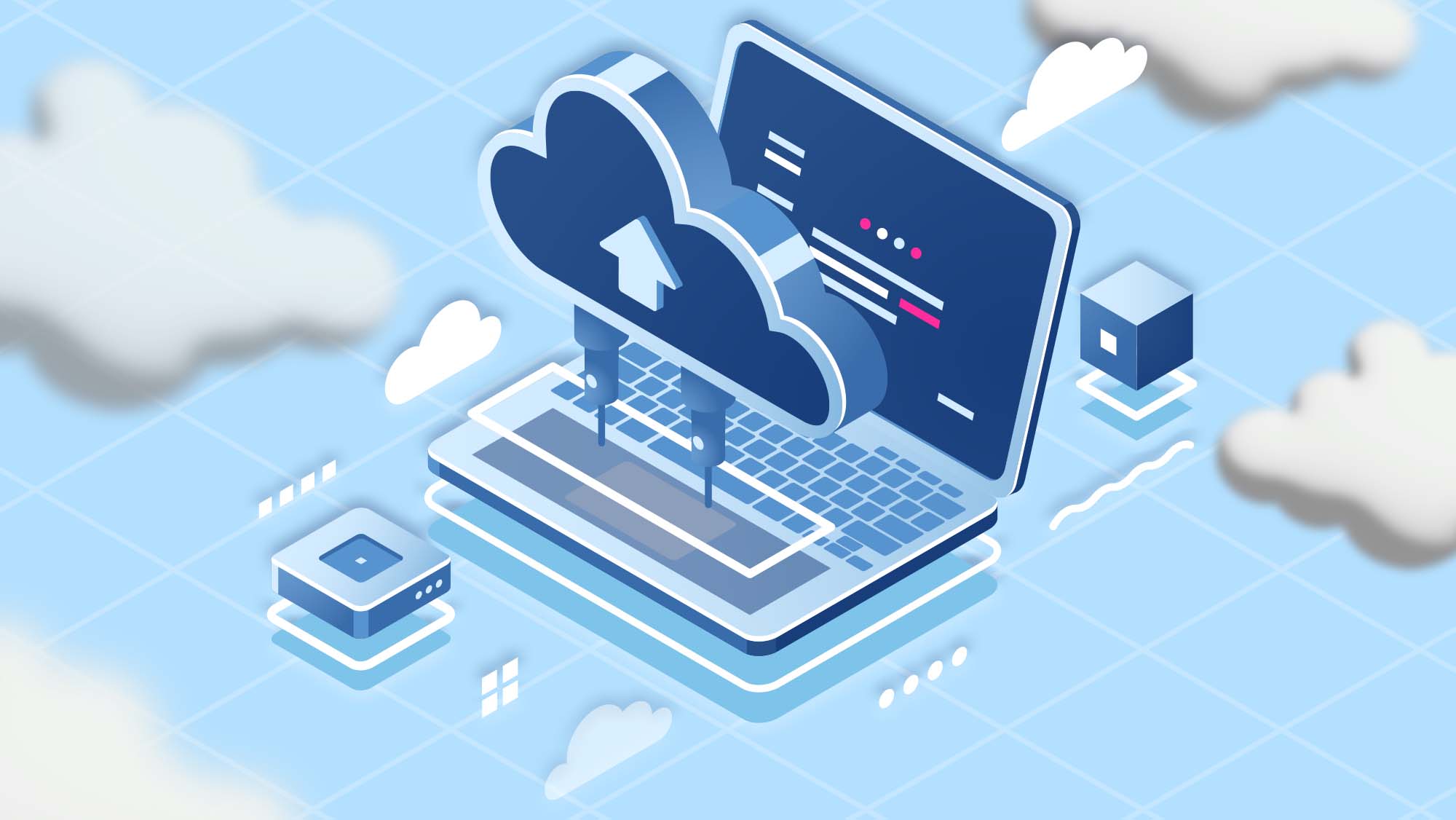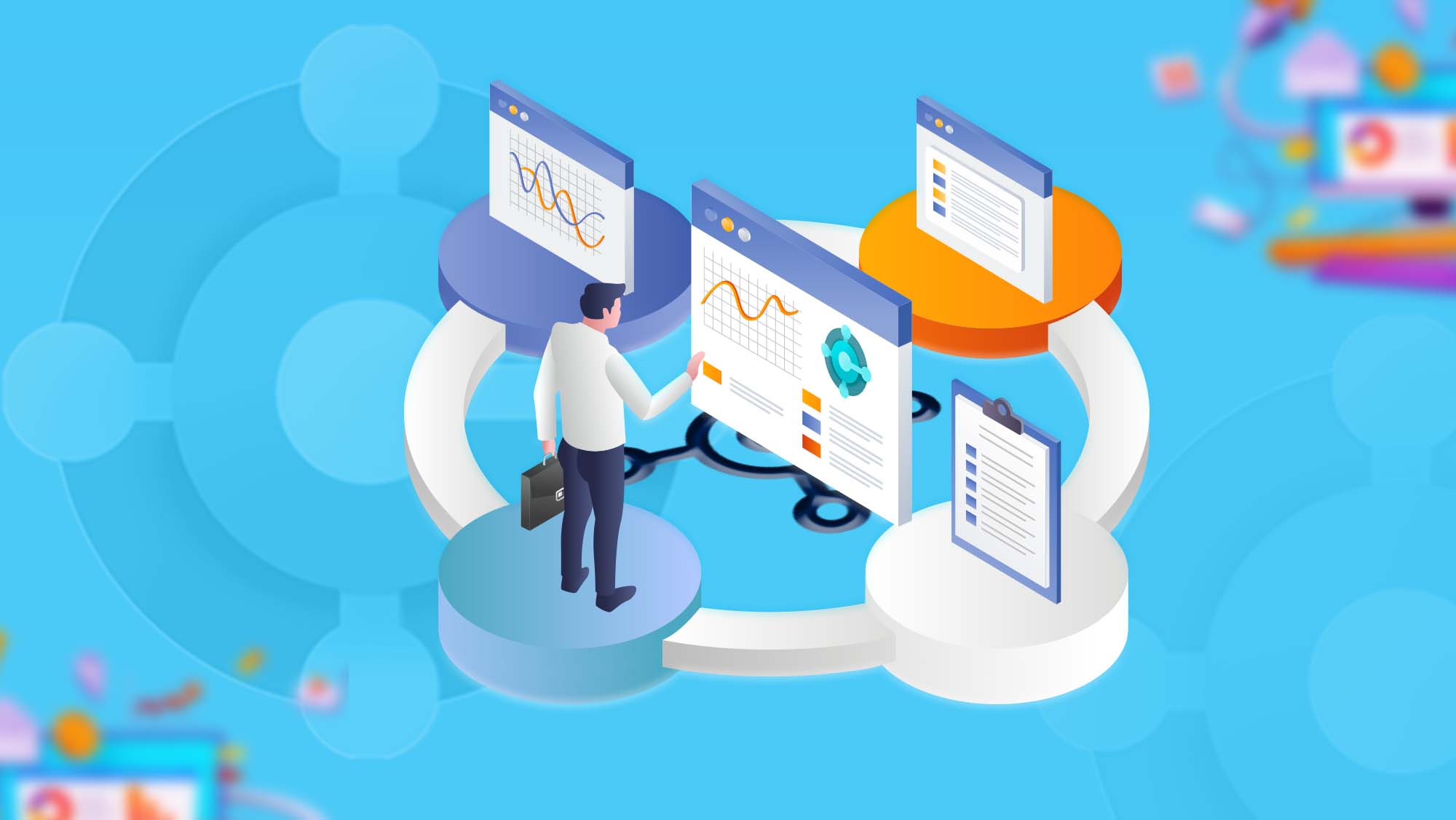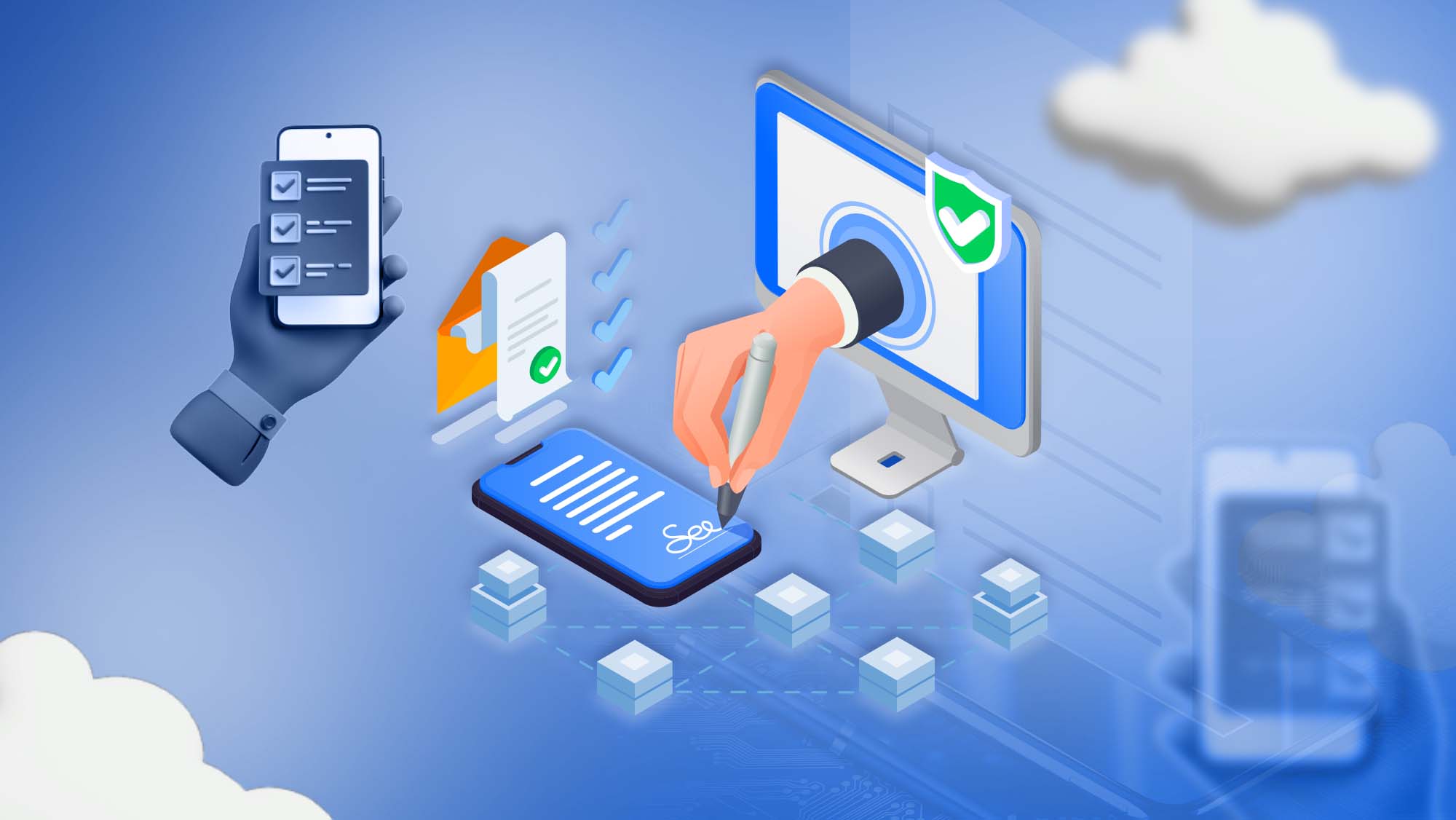Table of Content
Modern business leaders aim at creating a robust performance culture, which takes resilience, competence, speed, accuracy, and systems that scale fast – An ERP supports these five factors, the prerequisite for high paced and sustainable growth in the market.
More specifically, Businesses that use Cloud ERP can scale fast, need not spend on maintaining the servers, and gets real-time accessibility from anywhere and everywhere. While on the other hand legacy ERPs are hosted on-site. Businesses buy licenses and install them on the office’s server. The cost of maintaining the infrastructure and IT team is huge and systems can’t be accessed offsite or from home.
Cloud ERP maybe like an ERP hosted on-premise in terms of core capabilities but there are sizeable differences in the pace, flexibility, and convenience of using both the ERPs. For cloud-based ERP, Businesses pay the subscription, and their teams can access the system from any internet-connected device. Cloud ERP could help your business scale fast, increase speed, efficiency, and ultimately your growth. You’re missing out on these five benefits if you are not using Cloud ERP.
Not Using Cloud ERP Yet? 5 benefits you’re missing!
Flexible Solution
Cloud ERP makes your teams flexible; they can work from anywhere and access the system with any internet-enabled device. This results in increased productivity as all the employees are seeing the same information and there is no scope for miscommunication. The data is secured over the cloud and is accessible from anywhere.
Scale Faster
Cloud ERP comes with enough functionalities that you might not use at first but when you grow, and integrate more business processes, the Cloud ERP will support your business expansion without any hassle. Unlike On-site ERP, where a small change in business process or expansion plan would require the hardware reconfiguration that takes a whole lot of tolls on the expenditure, many a times servers crash, and do not support your expansion plan.
Improved backup and security
The cloud ERP provider’s team across the world constantly monitors and checks the data storage equipment, patches security holes, and maintains backup to ensure that the data is available when you need it. The cloud Servers ensure to provide you next-level security and that too at no cost of manual server maintenance for you.
No maintenance cost
Businesses that choose ERP on the cloud do not have to worry about the cost of maintaining the servers and hardware. They only pay a small subscription fee and everything else is taken care by the provider. The initial investment cost of moving from on-premises to on-cloud might seem heavy to some people, but it saves you a lot of money and trouble in future.
Faster speeds
For an SMB moving from on-premises to on-cloud would result in noticeably increased speed. The provider who hosts Cloud ERP uses top-of-the-range equipment to maintain data centers where the systems are hosted. These data centers provide optimal speed that can’t be matched with onsite servers.
Experience Growth, Get Cloud Today
If you are not operating with business systems flexibility and scalability through the cloud, your business is held back. For surviving and thriving in this robust environment, businesses need fast, and scalable business management solutions hosted on Cloud. Move to the cloud and unlock unimaginable growth for your business.

Witness a scalable transformation
Experience real-time synchronisation and flexibility with a consistent view across your business.
Disclaimer– “All data and information provided on this blog is for informational purposes only. Dynamics Square / MPG Business Information Systems Pvt. Ltd. makes no representations as to accuracy, completeness, currentness, suitability, or validity of any information on this site and will not be liable for any errors, omissions, or delays in this information or any losses, injuries, or damages arising from its display or use.”













